EMPOWR Dual Mobility®










EMPOWR Dual Mobility™
EMPOWR Dual Mobility™ is engineered for enhanced joint stability and helps reduce risks of dislocation by offering the largest assembled head for a given cup size1. Its robust locking mechanism aided by the uniquely designed dome peg and locking tabs helps in achieving a robust cup-liner engagement, which enhances corrosion resistance and helps build surgeon confidence.2 Liner installation is hassle-free and as easy as “rotate, drop, and lock”. These features, when combined with ONE tray instrumentation, provide a unique and efficient solution that a modern practice demands.
- Overview
- Videos
- Surgical Technique
- Related Products
- References
Comprehensive Primary and Revision THA Solution
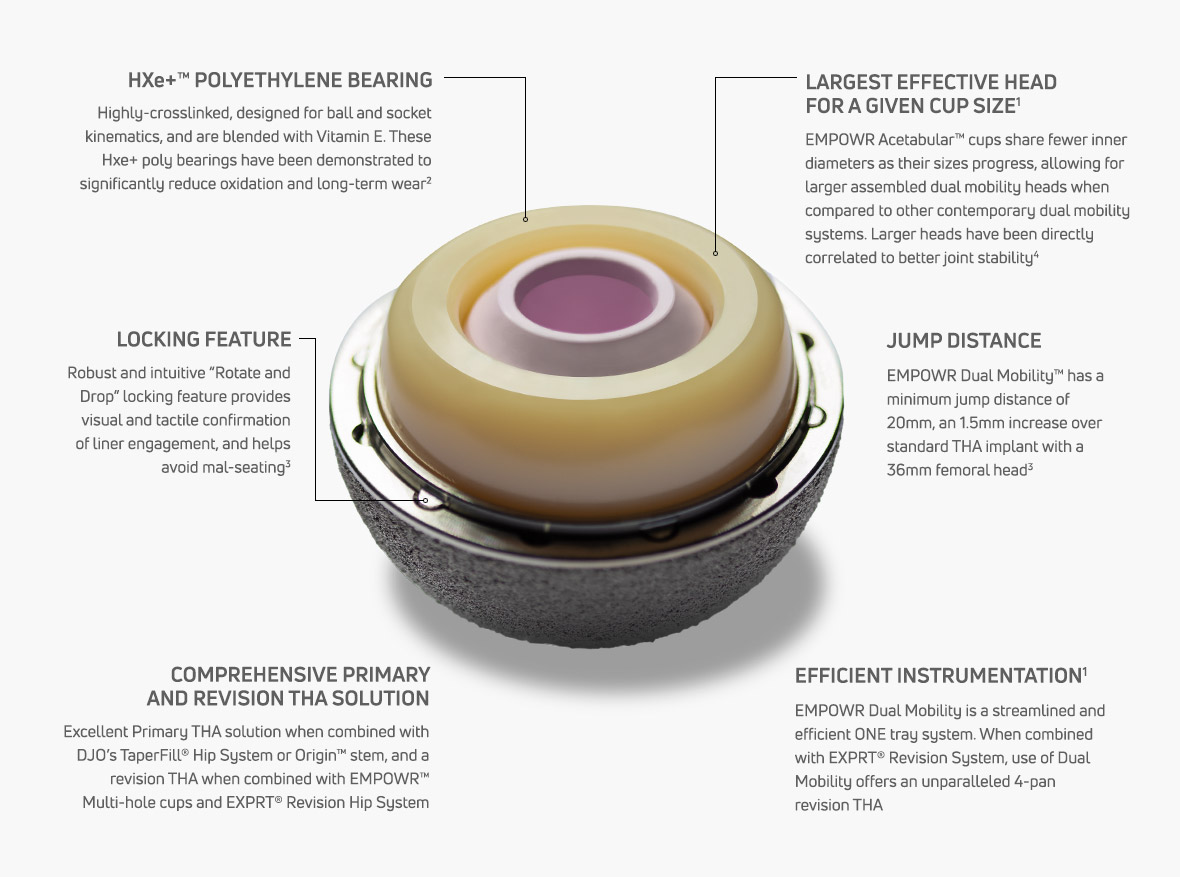

EMPOWR Dual Mobility™
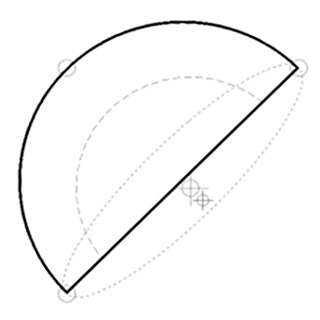 1
1
Estimate acetabular component size and position with preoperative templates.
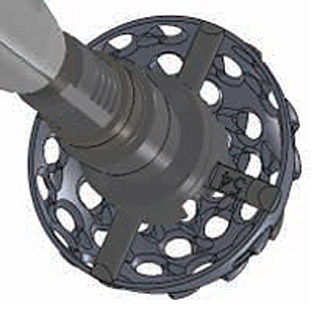 2
2
Sequentially ream until good contact is made with the host bone in the desired position for the cup. Line-to-line reaming is recommended. When soft bone is encountered under reaming by 1mm may be necessary.
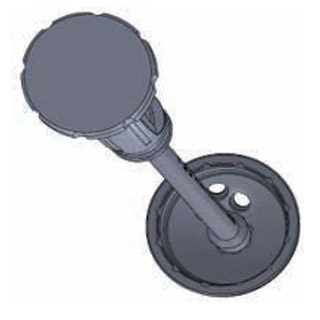 3
3
Once the final cup size has been determined, attach the cup implant to the cup impactor handle and impact into the acetabulum.
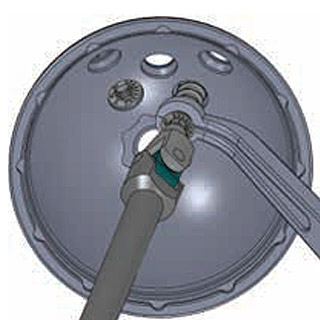 4
4
If using a Cluster or Multi-Hole cup, bone screws may now be drilled for and implanted. The screw(s) must be fully seated to ensure engagement of the Dual Mobility metal liner.
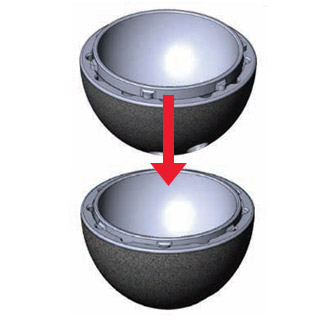 5
5
Gently introduce the dual mobility metal liner into the cup and align them by rotating the liner along the rim of the cup until the liner tabs drops into the cup scallops. The liner is ready to be impacted.
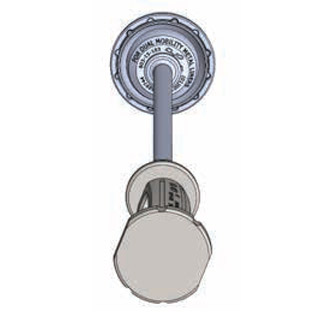 6
6
Impact the metal liner with the impactor taper-lock, using appropriate force. Ensure the metal liner is fully seated without being canted or tilted.
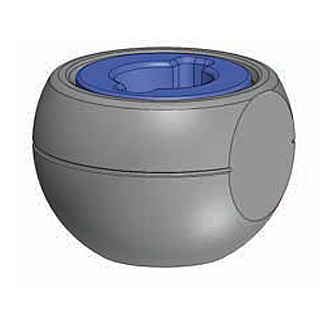 7
7
Assemble the corresponding femoral head trial with the desired offset on the femoral stem trunnion and reduce the joint to assess stability, leg length, joint tension, and range of motion. Adjust offset if necessary and remove trial components once satisfied.
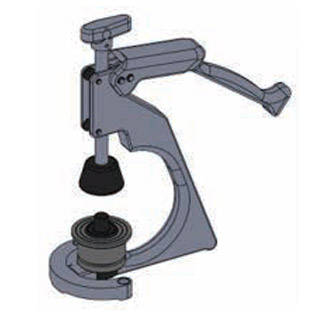 8
8
Perform back-table assembly of the corresponding polyethylene bearing and 28mm inner femoral head. Using the assembly fixture, feel the initial big “drop” for initial capture and then a smaller “slip” to finish assembly. The inner head must be able to articulate freely inside the polyethylene bearing.
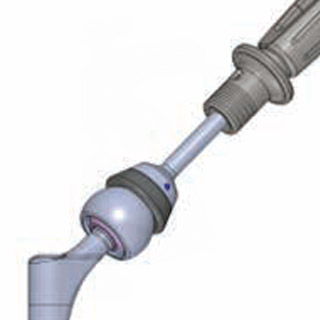 9
9
Place the assembled implants on the femoral stem trunnion and impact with the head pusher to taperlock. Ensure the head-neck taper connection is secure.
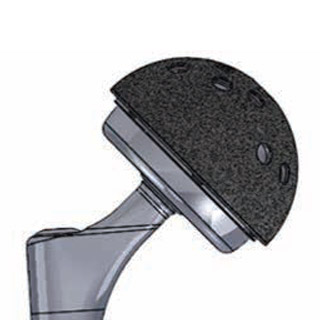 10
10
Perform final reduction of the joint and assess stability, leg length, joint tension and range of motion.
- Compared to Biomet G7, Stryker MDM, SNN OR3O, whose head sizes are available in their respective Surgical Techniques
- Padgett Et al. Orthopaedic Proceedings Vol. 101-B, No. SUPP_12, The British Editorial Society of Bone & Joint Surgery, Oct 2019
- e+™ testing data on file. Bench test results not necessarily indicative of clinical performance Data on file at DJO Global®
- P.F. Lachiewicz Orthopaedic Proceedings Vol. 100-B, No. SUPP_10, The British Editorial Society of Bone & Joint Surgery, Jun 2018




